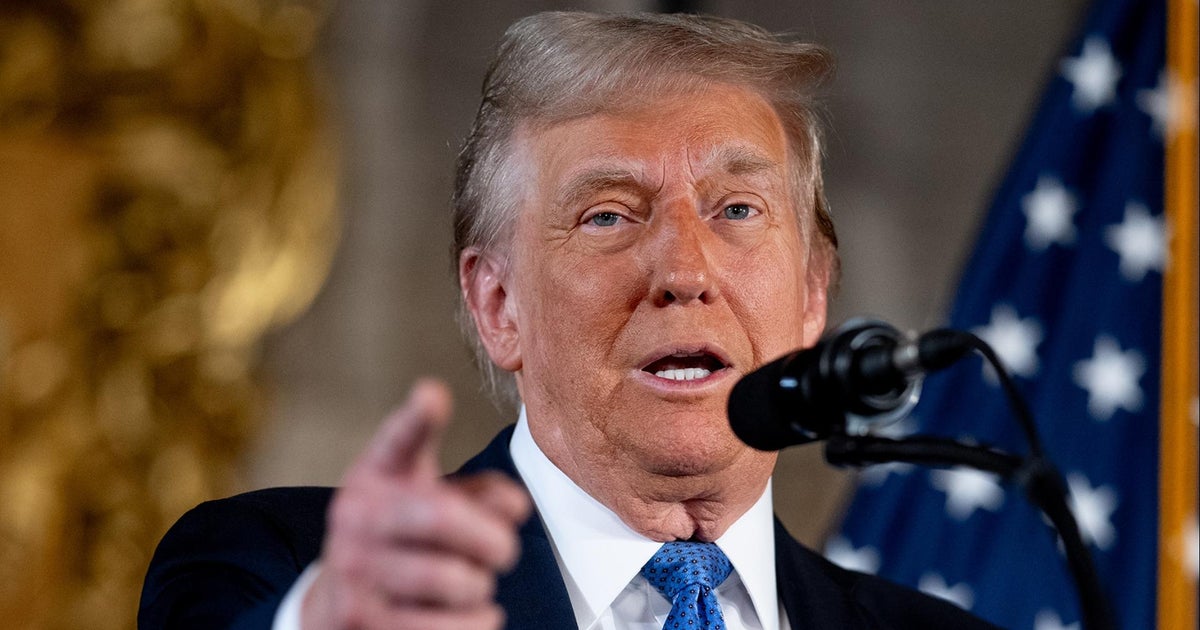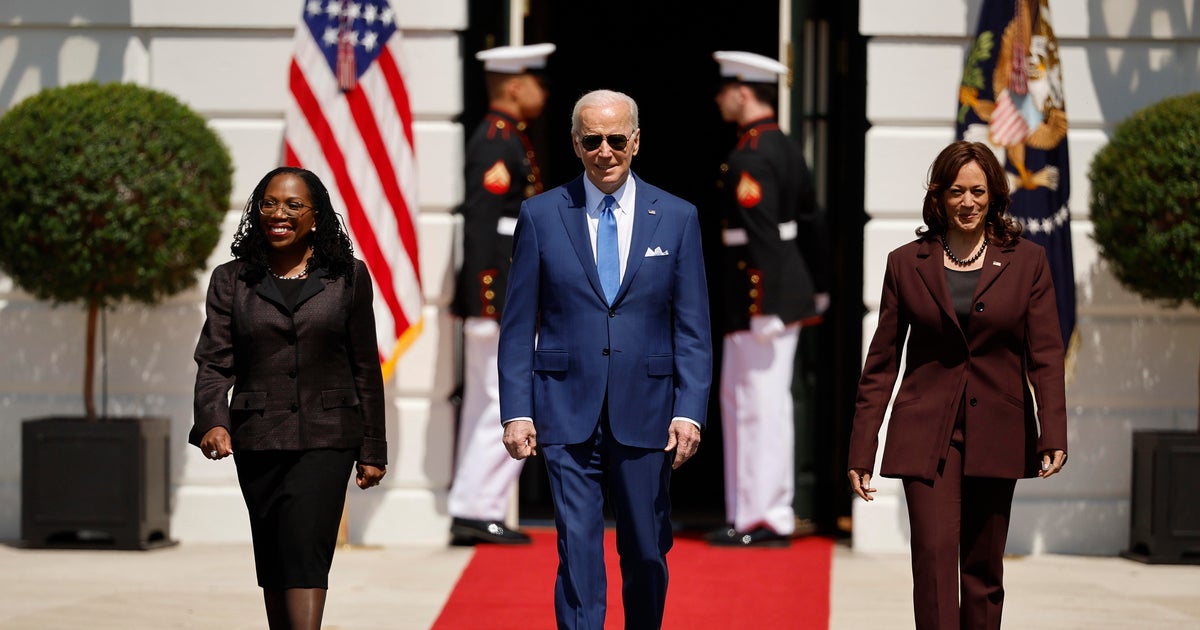Senate impeachment trial is opportunity for Chief Justice Roberts to show "nonpartisan nature" of judges
How Chief Justice John Roberts navigates the Senate impeachment trial of President Donald Trump could have a profound impact on Americans' views of the federal judiciary. While some speculate that presiding over the trial is the chief justice's worst nightmare, those who know him best say it's an opportunity to display the independence of federal judges.
Roberts was sworn in Thursday to preside over the trial, only the third time in history for a chief justice.
Unlike most trials where judges are in complete control, at this trial, it will be the Senate who has the first and last word. Roberts' role is to be a symbol of neutrality, "to be accepted by both sides as fair, as not favoring one side or another," Jeff Rosen, president and CEO of the National Constitution Center, told CBS News correspondent Jan Crawford.
Sitting at the center of a political fight poses a unique challenge for the 64-year-old chief justice, who is not a fan of the limelight. Going back to his 2005 confirmation hearings, he has fiercely defended the independence of federal judges, comparing them to umpires who call balls and strikes.
"The role of an umpire and a judge is critical. They make sure everybody plays by the rules," he said.
But in an impeachment trial, not only does the Senate set the rules, but it can, by a majority vote, overturn any of Roberts' rulings. When Roberts' predecessor, the late Chief Justice William Rehnquist, presided over President Bill Clinton's impeachment trial 21 years ago, he only made one ruling: that senators were more than "jurors" because the Senate also could dictate the trial like a judge.
"It's all the more important to have a figure who is recognized by both sides as above politics, and that's why it's so important that it's Chief Justice Roberts," Rosen said.
Roberts has been quick to defend federal judges from partisan attacks, including by Mr. Trump.
"We do not serve one party or one interest. We serve one nation," Roberts said.
That's one reason why Harvard Law School's Richard Lazarus, Roberts' longtime friend, said the chief may see the trial as an opportunity "to show the American people the nonpartisan nature of the way the judges and justices work."
He said Roberts will not shy away from making a ruling even if it could be overridden.
"He's not just going to be an incidental player because the fact is he wants to show the American people the face of the Supreme Court," Lazarus said.
While Roberts will be presiding over the trial, the Supreme Court also will be weighing some of the most contentious issues, including gay rights, abortion, gun rights, the Dreamers immigration program and whether Mr. Trump must turn over his financial records and tax returns.



